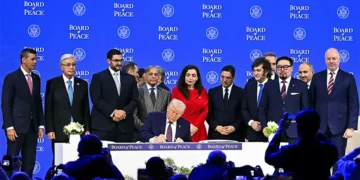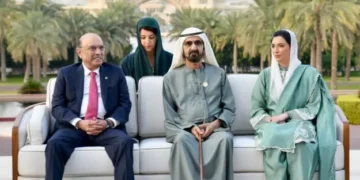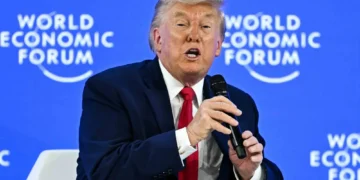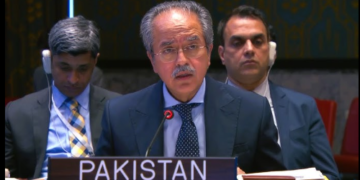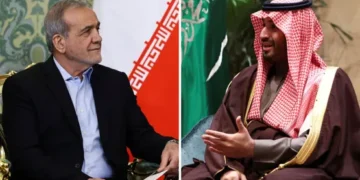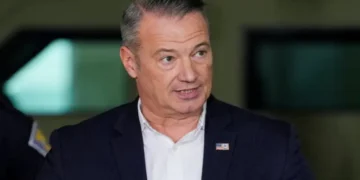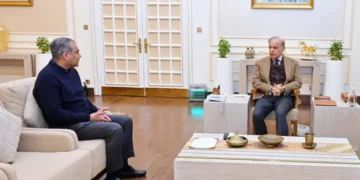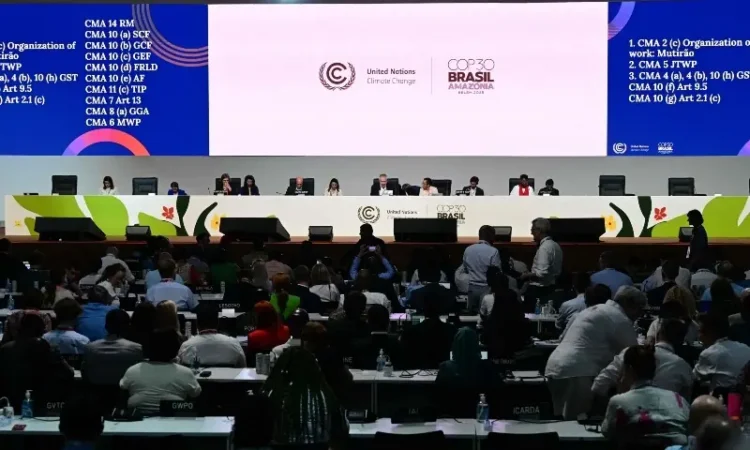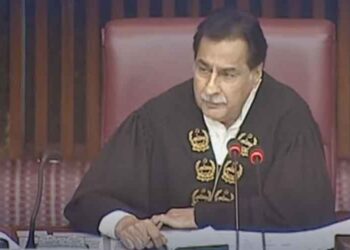Web Desk (MNN); Countries at the COP30 summit in Brazil finally sealed a compromise climate agreement on Saturday, boosting financial support for poorer nations battling climate impacts — but leaving out any reference to phasing out fossil fuels. The deal was approved despite the absence of an official US delegation.
EU climate chief Wopke Hoekstra said the agreement wasn’t perfect but still “moving in the right direction.” The Belem pact introduces a voluntary push to accelerate climate action so countries can meet their existing emission-cutting promises. It also urges wealthy nations to triple climate adaptation funds for developing countries by 2035.
Scientists say current global pledges have helped slow projected warming, but not enough to keep temperatures below the critical 1.5°C threshold. Meanwhile, poorer nations stress they urgently need financial help as rising seas, heat waves, droughts, floods, and extreme storms hit harder each year.
The agreement further sets up a process to review how global trade rules can better align with climate goals, amid concerns that protectionism is slowing the spread of clean technologies.
Avinash Persaud, an adviser at the Inter-American Development Bank, welcomed the deal’s financial focus but warned that the world is still falling short on fast, direct aid for countries suffering climate-related loss and damage.
Efforts by the EU to include language on phasing out fossil fuels ran into strong resistance from the Arab Group, including Saudi Arabia. After all-night talks, negotiators agreed to leave the sensitive topic out of the main deal and instead put it in a separate text issued by the host nation, Brazil.
G20 Summit Passes Declaration Despite US Absence and Objections
In a separate development, G20 leaders meeting in South Africa adopted a summit declaration addressing climate change and other global issues — even though it was drafted without US input. The White House called the move “shameful.”
South African officials insisted the declaration was final and “cannot be renegotiated.” President Cyril Ramaphosa said there was overwhelming support for adopting it, but Argentina — a close ally of Donald Trump — pulled out at the last moment, objecting to the document’s wording on geopolitical issues, especially the Middle East conflict.
The declaration’s references to climate action, renewable energy goals, and debt relief for poorer nations went against Washington’s preferences, particularly as Trump rejects the scientific consensus on human-driven climate change.
US officials had already refused to attend the summit, reviving false claims that South Africa’s Black-led government oppresses its white minority — a statement Ramaphosa had earlier tried to correct during a tense White House visit.
Despite the political friction, South Africa pushed ahead, saying the G20 cannot be held hostage by any one member. Japan also stressed the need for common ground despite increasing global tensions.
EU chief Ursula von der Leyen used her address to warn against “weaponising dependencies,” in what was widely seen as a veiled reference to China’s export curbs on rare earth metals crucial for clean energy and tech.
The US is set to host the G20 in 2026, but South Africa refused Washington’s request to send only a chargé d’affaires for the ceremonial handover of the presidency, calling it a breach of protocol. Officials later said they would match the US by sending a diplomat of equivalent rank for the formal transfer.







